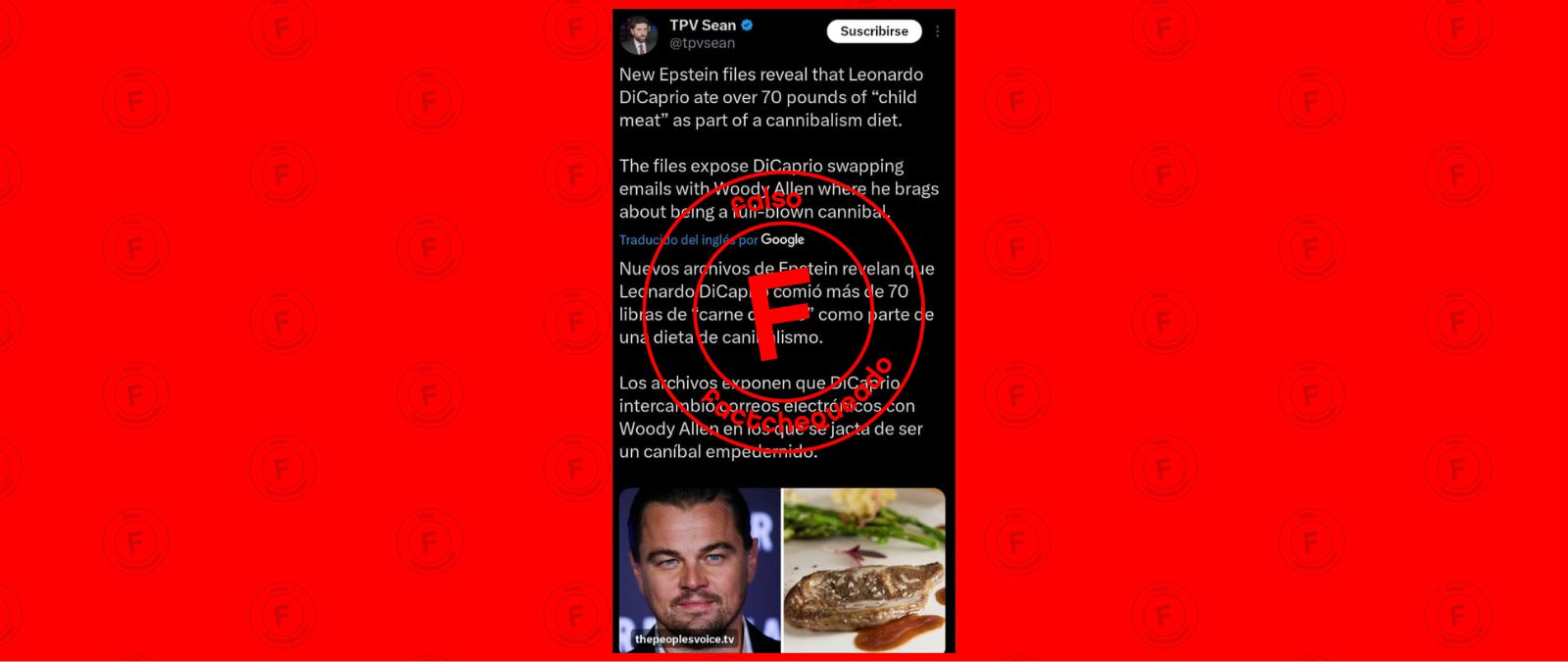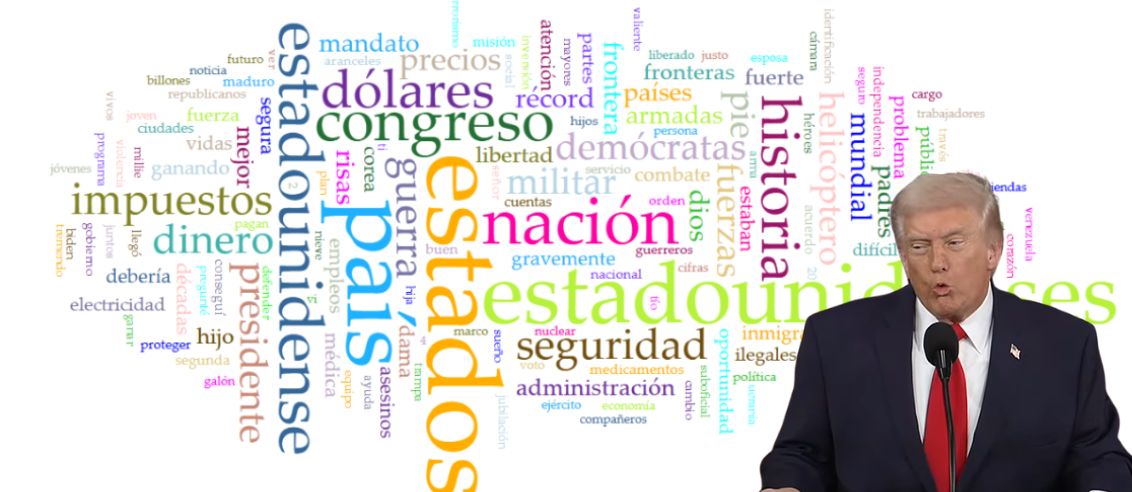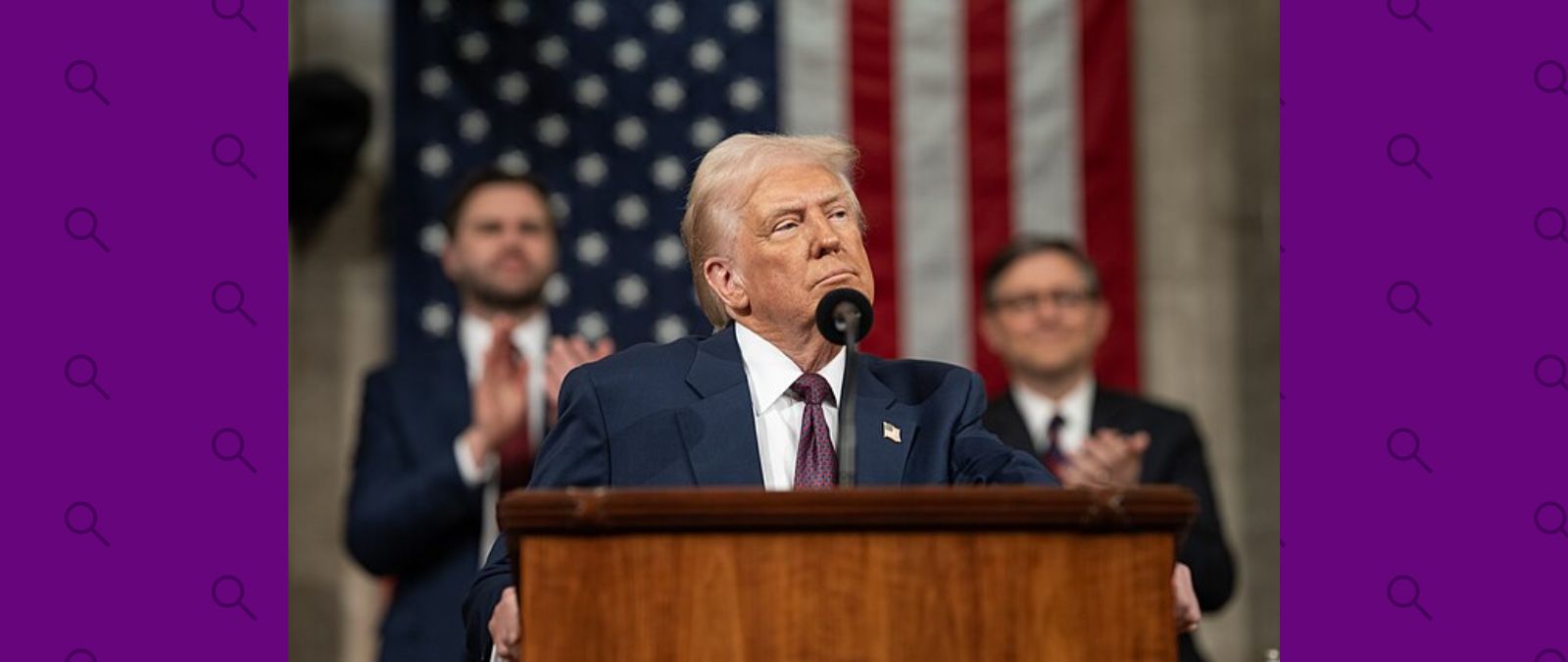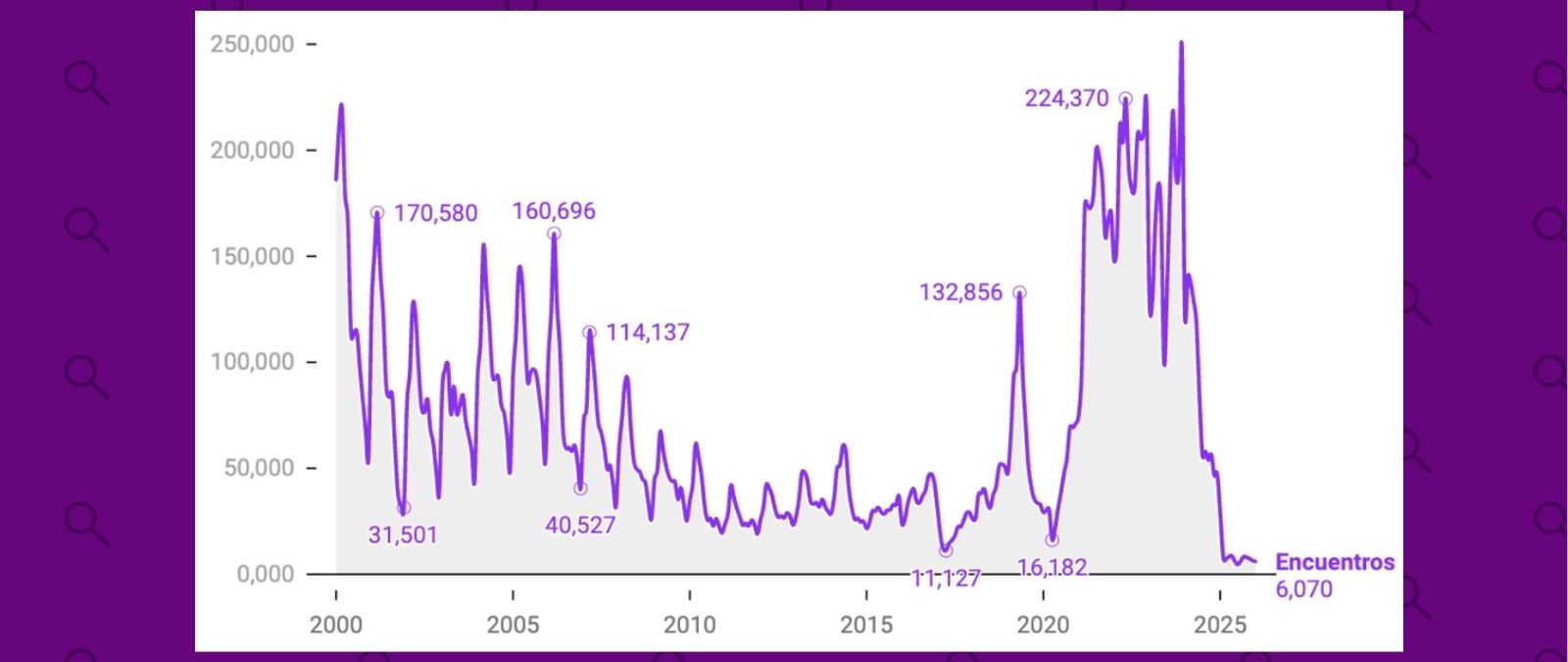Through the Factchequeado WhatsApp chatbot (+ 1-6468736087 ) we were consulted about a video in which several people surround the CEO of Pfizer , Albert Bourla, and ask him at what point was he aware that the vaccines against COVID-19 they did not stop the transmission of the disease. "Why did you keep it a secret?", he is asked, while he walks without answering any of the questions.

It is not the first time that Pfizer has been accused of having 'lied' to the population on this issue . The truth is that the pharmaceutical company, in its initial clinical trial, did not evaluate the ability of vaccines to reduce or stop transmission, but rather to develop symptomatic COVID-19 disease among the vaccinated and unvaccinated population. This is something we have known since this trial was published in 2020. Furthermore, subsequent studies and real-world data show that people vaccinated against COVID-19 have a lower ability to transmit SARS-CoV-2 compared to those who are not vaccinated. We will explain it to you in depth.
@factchequeado Qué sabemos sobre cómo probó Pfizer sus vacunas de COVID-19 antes de aprobarse y su capacidad de reducir la transmisión del virus, a propósito del video en el que increpan al CEO de la farmacéutica.
♬ Swear By It - Chris Alan Lee
Pfizer's vaccine clinical trial studied efficacy in preventing COVID-19 disease, not transmission, as had been known since 2020
As the American pharmaceutical company has assured Maldita.es , co-founder of Factchequeado , its phase 3 clinical trial - published in 2020 - was designed and developed to evaluate the efficacy of the vaccine to prevent the disease caused by SARS-CoV- 2, including severe disease.
“The clinical trial met the 2 priority endpoints, including the efficacy endpoint, which is the prevention of confirmed symptomatic COVID-19 infection, and the secondary endpoint was the prevention of severe infection. The trials were not designed to assess the efficacy of the vaccine against the transmission of SARS-CoV-2”, they explain.
In addition, they insist that the data from real-life studies ( since the vaccination against COVID-19 was approved ) complement the data from clinical trials and "provide additional evidence that the vaccine provides effective protection against severe infection."
Shortly before launching these drugs on the market, journals such as Nature already addressed their effect on the transmission of the virus. Something they considered “possible”, but very “difficult to prove”. Once these vaccines began to be administered, the US Food and Drug Administration ( FDA ) pointed out that it was not known if the vaccine would stop transmission and urged citizens to maintain the restrictions.
The FDA then stated: “At this time [December 2020], there are no data available to determine how long protection from the vaccine will last, nor is there evidence that the vaccine prevents transmission of SARS-CoV-2 from person to person. other".
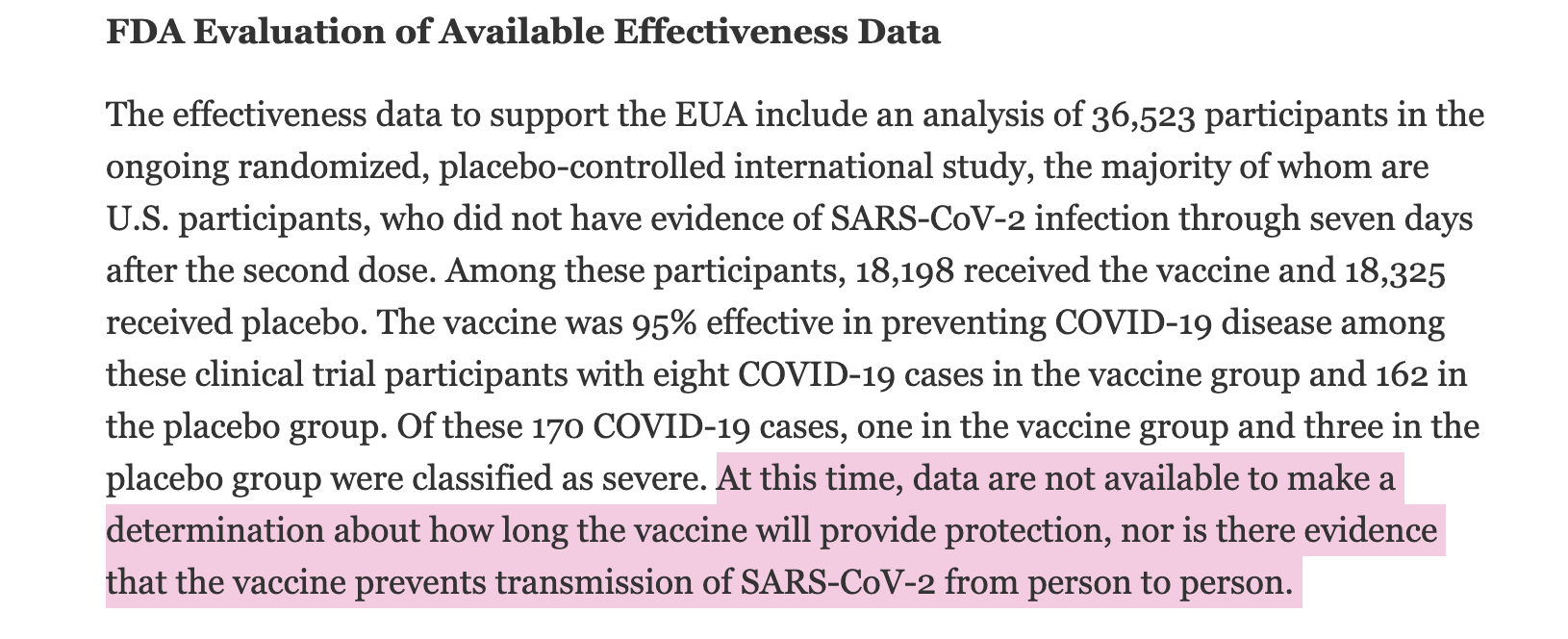
Vaccines against COVID-19 do not prevent contagion or transmission of the virus, but there is evidence that they reduce it
Although the clinical trials of the COVID-19 vaccines did not test whether the vaccine prevents contagion , we now know that they do not prevent SARS-CoV-2 from entering our bodies . However, after their real-life use in millions of people, there is evidence that they do reduce infection and transmission of the virus.
The United States Centers for Disease Control and Prevention (CDC) highlighted in its scientific summary on COVID-19 vaccines of September 2021 that the risk of transmission is "substantially" reduced in people vaccinated, even with the delta variant. (to which more attention was paid at that time).
A study published in the British Medical Journal (BMJ) concluded that vaccination with Pfizer was associated with an 80% to 90% reduction in SARS-CoV-2 infection among residents of nursing homes, healthcare personnel, and social health personnel.
The benefits of these vaccines outweigh the risks.
In the video, Bourla is also asked if he is concerned about "myocarditis." It is not the first time that content has claimed that COVID-19 vaccines "generate" myocarditis in young people.
Although it is true that messenger RNA vaccines against COVID-19 have a recognized side effect in very rare cases of myocarditis (inflammation of the heart muscle) and pericarditis (inflammation of the outer lining of the heart) in young people, the benefits of getting vaccinated in young people outweigh the risks.
The American College of Cardiology assures that there is a small risk of myocarditis associated with mRNA vaccines: “In nearly 250 million patients studied on 3 continents, the individual risk of vaccine-associated myocarditis in the general population is between 0.002% and 0.004%”.
The clinical course of myocarditis "is generally mild and most symptoms resolve before hospital discharge ." This is indicated by the organization, which insists that the protective effect of the vaccine clearly exceeds the risk of suffering from myocarditis.
Both the CDC and the US Advisory Committee on Immunization Practices (ACIP) say that the benefits of mRNA vaccines (such as preventing COVID-19 cases and their complications) outweigh the risks of developing myocarditis and pericarditis after vaccination. receive them.
Factchequeado is a means of verification that builds a Spanish-speaking community to counter misinformation in the United States. Do you want to be a part? Join and verify the content you receive by sending it to our WhatsApp + 16468736087 or to factchequeado.com/whatsapp.



